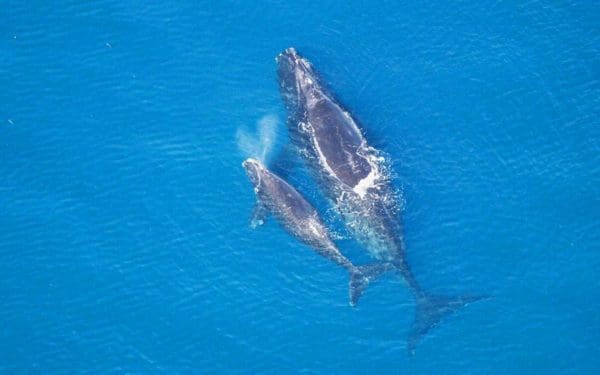We Must #StopAsianHate
To be environmentalists – to stand up for healthy communities for all people across New England – we must be anti-racist. We cannot, and will not, be silent.
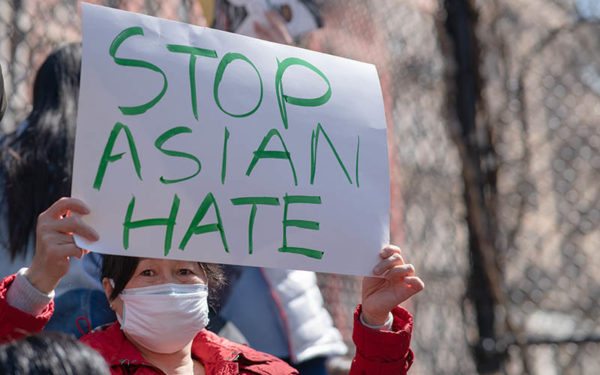
To be environmentalists – to stand up for healthy communities for all people across New England – we must be anti-racist. We cannot, and will not, be silent.

Regulators have known for more than 20 years that vessel strikes kill right whales at an alarming rate. But to date, they haven’t put forward a real solution.
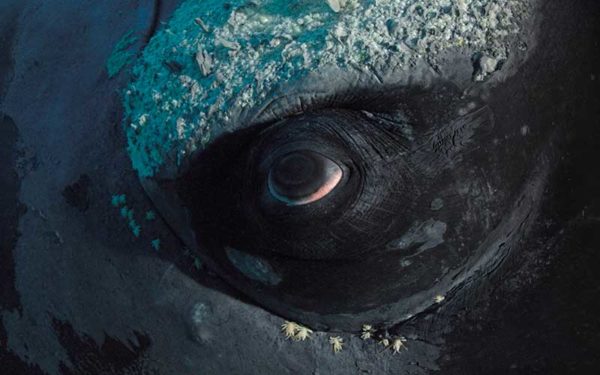
The heart of environmental justice is ensuring that we all have equal access to power when it comes to decisions that directly affect our lives. CLF connected with two of our Massachusetts-based partners to talk about their vision for a community where residents feel empowered to shape the future, and what it would mean for environmental and climate protections to be just.

With organic waste recycling on the rise, many cities and towns are looking to invest in infrastructure that will repurpose our food waste and yard clippings. But which method should they invest in – industrial composting or anaerobic digestion?

The uptick in composting is a huge step forward in combatting our trash crisis. But we can’t do the hard work on our own. We need cities, towns, and states to invest in infrastructure that will make composting easy and affordable for everyone.
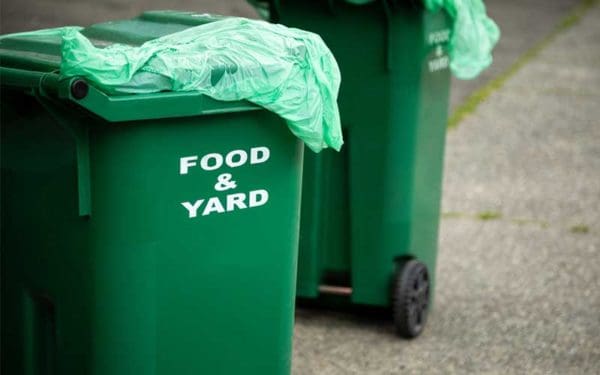
For decades, low-income, immigrant, and communities of color across New England have been overburdened by air pollution from power plants, congested highways, and industrial facilities. CLF connected with two of our Massachusetts-based partners to discuss what needs to change to relieve these burdens and how racism contributes to environmental justice inequities.
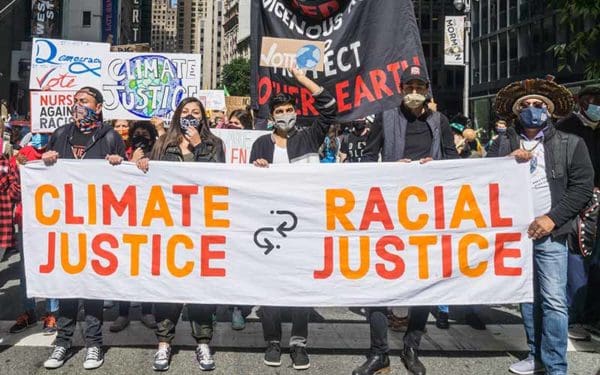
New England is no stranger to ice storms, of course, and the Texas power grid is very different from ours. But we can still heed lessons from the Texas crisis – especially as we look at the future pressures our grid will face because of our changing climate.
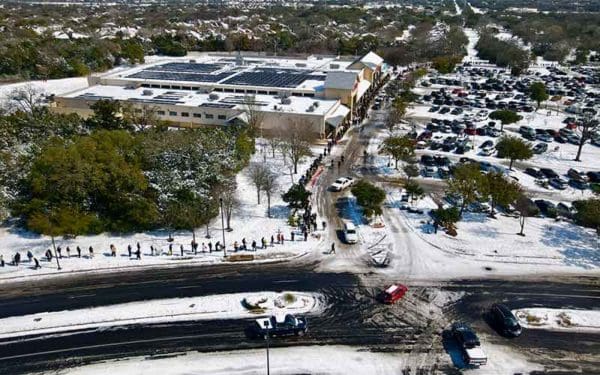
Is the systemic idea of Zero Waste actually possible? Yes! But to do so, we need to stop looking at Zero Waste as just a lifestyle and start looking at it as a strategic concept for managing our waste – and tackling the trash crisis.

“A company responsible for transporting children safely cannot be allowed to ignore the law,” said Heather Govern, Director of CLF’s Clean Air and Water program. “ All-Star and STA must stop violating anti-idling laws and exposing the public to dangerous levels of tailpipe exhaust. All Connecticut residents have a right to clean air.”
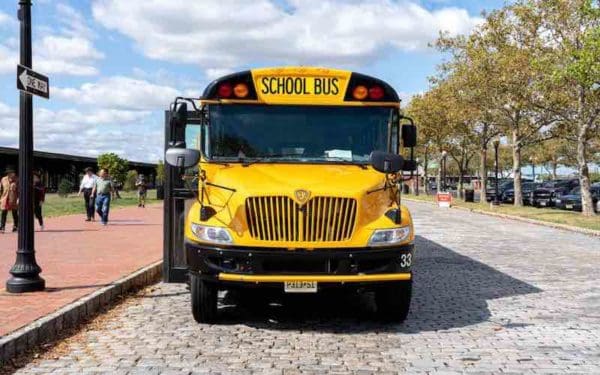
From the second they are born to their last breath, North Atlantic right whales help our climate by making our ocean more resilient. We need to push for their protection so that they can do their part in helping to create a greater future for all.
